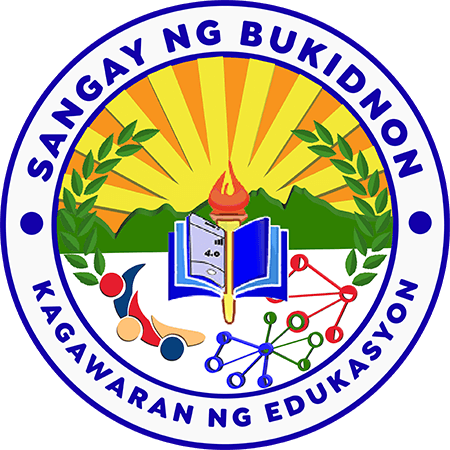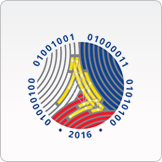PASIG CITY, September 22, 2016
Department of Education (DepEd) Secretary Leonor Magtolis Briones on Tuesday underscored the importance of collaborative effort in improving human rights education under the new K to 12 basic education curriculum.
A day before the 44th anniversary of the declaration of martial law, Briones urged colleagues and stakeholders in the higher academics to support the Department in the responsibility to “extend the net of sources” and lend additional substantive content to different learning materials, especially in writing textbooks.
According to Curriculum and Instruction Undersecretary Dina Ocampo, the inclusion of martial law in the new basic education curriculum is not confined to the subject Araling Panlipunan or Social Sciences. The lessons, which echo the K to 12 curriculum’s emphasis on “karapatan, pananagutan at pagkabansa,” are also learned by students through other subjects like Edukasyon sa Pagpapakatao. She also emphasized that DepEd works with competent people in various disciplines to provide evidence-based and age-appropriate content and context.
“Older kids might be more able to handle narratives, but as for the younger children, we will have to be very careful. Balancing authenticity of sources and making it age-appropriate are the challenges,” Ocampo said.
Briones highlighted as well that while lessons on human rights and democracy, and chapters on martial law are already integrated in the curriculum, capturing and teaching a bigger picture of the era remain to be a challenge because the figures at hand cannot be deemed conclusive.
“We consider this a continuing work, not a definitive list. This list of 70,000 [people arrested], for all we know, could be more. Perhaps the best documentations are from Luzon but how about those in Visayas, in Mindanao? And how to translate these in textbooks is the responsibility not only of DepEd but all of us,” Briones pointed out.
The Education chief, who admitted that she has had her share of misinformation on Philippine history as a child, underlined the crucial role of teachers and information technology in reviewing and augmenting lessons on martial law, especially while still in the transition period of the basic education system. She commended teachers who take the initiative to research, either from the internet or DepEd’s learning portal, and conduct school activities to ensure that the young learners are attuned to the history of their nation.
The Commission on Human Rights (CHR), in coordination with DepEd, participates in teaching the value of human rights across the subject areas through its core project of developing lesson plans suitable for Grades 1 to 10. The Commission also undertakes capacity building programs to empower participating teachers to use these additional learning resources.
The National Historical Commission of the Philippines (NHCP) is preparing infographic and interactive displays at the Museo ng Kasaysayang Pampulitika ng Pilipinas in Malolos, Bulacan on October 11 as part of its responsibility-sharing with DepEd and for Filipinos to have a deeper understanding of the different social and political struggles that shaped our history, foremost of which is the martial law regime.
“We want to teach our children to be critical. . . Sa Grade 2 pa lang tinuturo na ang human rights and democracy. Sa Grade 6 sinasama na ang history, may portion na ng martial law. Ang pinaka-theme ay human rights, may chapter sa Grade 6 about dictatorship not just in the Philippines but all over the world. . . If we would review this part of our history in textbooks, we should review the scope of all administrations,” Briones maintained.
END












